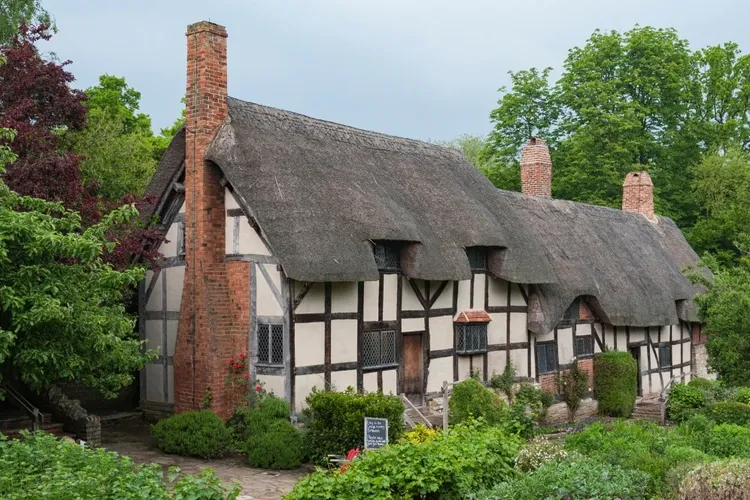Leaders of the Shakespeare Birthplace Trust, which cares for the home where the playwright was born, unveiled efforts toward “decolonising” exhibits and making their work more “inclusive.”
The nonprofit announced a grant through the Esmee Fairbairn Foundation that will allow them to critically examine “the impact of Empire on our understanding and interpretation of objects in our world-class collections” and to teach them about “colonialism on our perception of history.”
The organization, based in Stratford-upon-Avon, the village where William Shakespeare was born, will take “a community-led approach to explore the continued impact of Empire on our collections,” as well as reflect on “how items have been acquired, interpreted, and accessed.”
“We recognise that the historical materials we hold may represent positions, language, values, and stereotypes that are not consistent with the current values and practices of Shakespeare Birthplace Trust,” the statement about the project added. “People accessing our collections may encounter language or depictions that are racist, sexist, homophobic, or otherwise harmful.”
The statement added that the organization will work with “researchers, artists, and community participants, specifically from the South Asian diaspora communities in the West Midlands.”
Other efforts to remove elements of Shakespeare perceived to be offensive have been seen across the Anglosphere, especially after the racial justice movement of the past few years. One series of interviews by the School Library Journal found that many educators view teaching the Bard and his various plays as “centering the narrative of white, cisgender, heterosexual men.”




